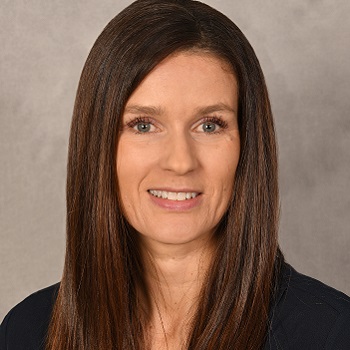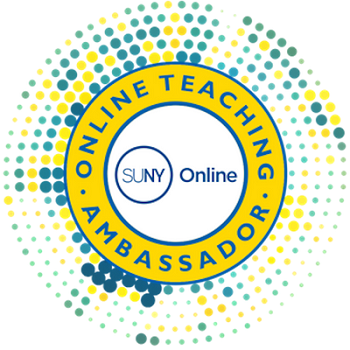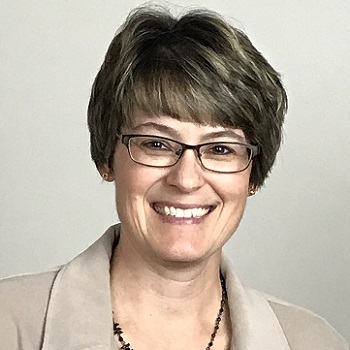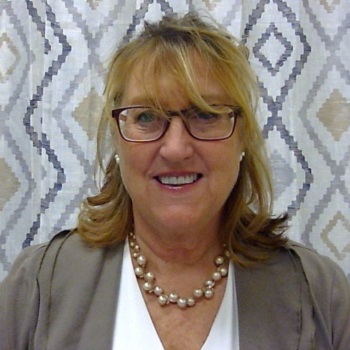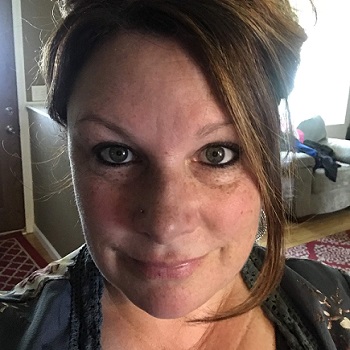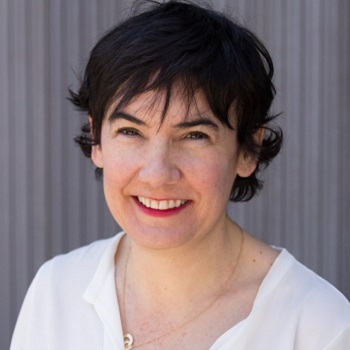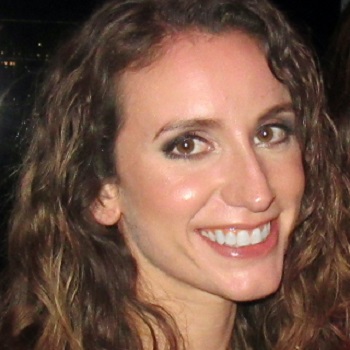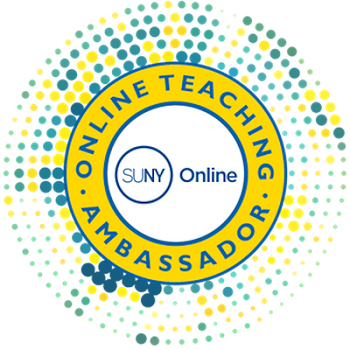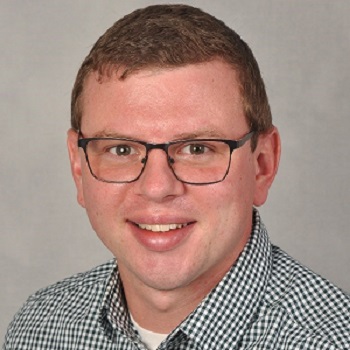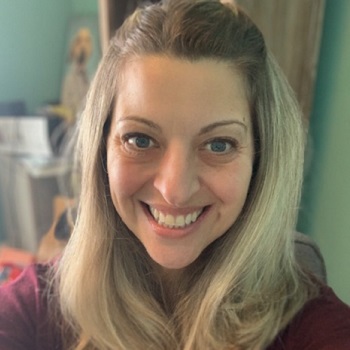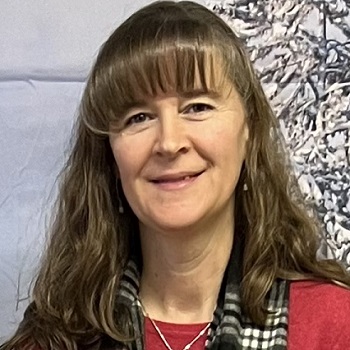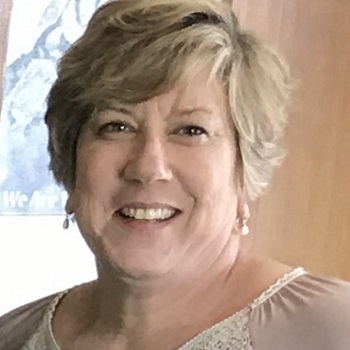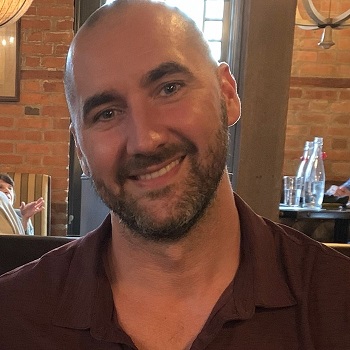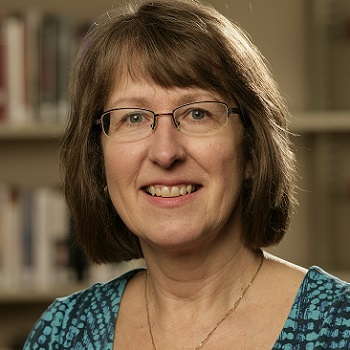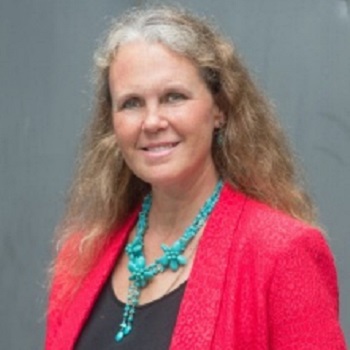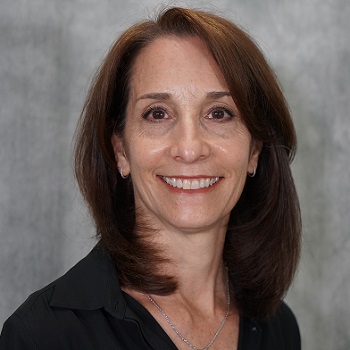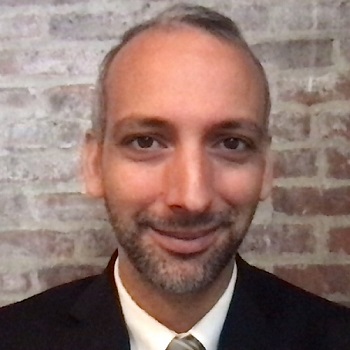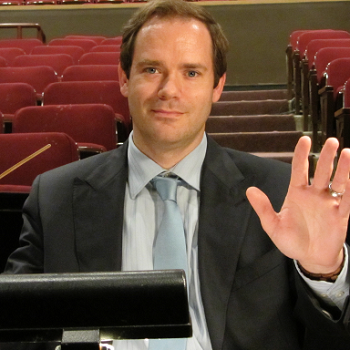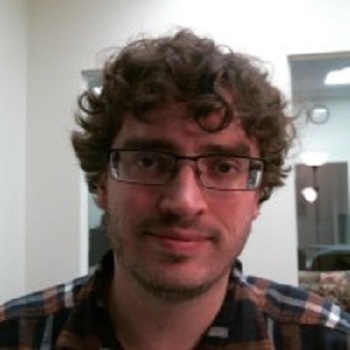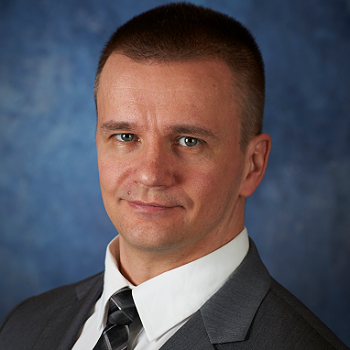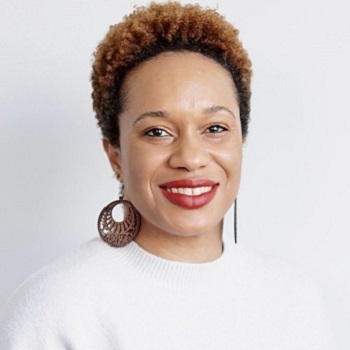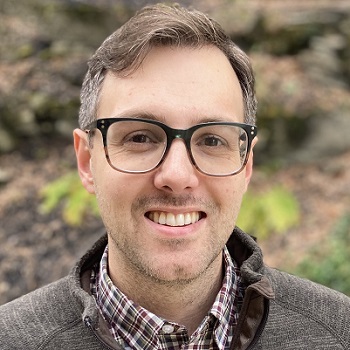SUNY Online Teaching Ambassador 2023: Niagara – Scott Sackett
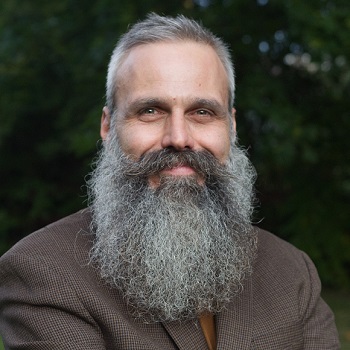
Niagara County Community College
Scott Sackett is an instructor in Communication Studies and World Languages at SUNY Niagara County Community College and a recipient of the 2022-2023 Chancellor’s Award for Excellence in Adjunct Teaching. He is also a non-fiction filmmaker and public media producer whose work has appeared on the Public Broadcasting Service (PBS), American Public Television (APT), the National Educational Telecommunications Association (NETA), National Public Radio (NPR), Public Radio International, Associated Press Network News, Amazon Prime, and in film festivals in North America and Europe. He currently hosts Sacred Classics and Sunday Morning on WNED Classical and is a feature story contributor to NPR affiliate WBFO. His work in public media has been recognized by the American Society of Composers, Authors, and Publishers, the Telly Awards, CINE, and the New York State Associated Press Association.
Flashback—1993. That’s where my story begins. Back then, we rented movies on VHS from Blockbuster, stored computer files on 5.25-inch floppy disks, listened to music on CDs, and recorded home videos on cassettes. Many of us had cable television, but most didn’t own cell phones. If you wanted to stay in touch, you had a pager. This was the advent of digital photography, and Mosaic, the first web browser, had just been released. As for teachers, schools were taping overnight broadcasts of PBS educational programs for classroom use.
At the time, I was a tutor in the English Skills Lab and Computer Lab at SUNY ECC. I helped students write essays and term papers and use software applications such as WordPerfect. Word processors didn’t just make typewritten corrections easier—no more need for Wite-Out, they enabled us to rewrite, re-evaluate, reformulate, revise, and refine our ideas with greater ease. In 1993, I was also working in radio production and broadcasting at WNED, the Western New York Public Broadcasting Association. That was the year we made the switch from cutting and splicing tape and playing carts, open-reels, and LPs to digital editing and playback. Then in 1997, I was invited by our station’s VP of Education to help coordinate a regional pilot of a U.S. Department of Education-funded computer-based learning program called PBS LiteracyLink. It was billed as “a multimedia learning system integrating text, sound, graphics, animation, video, and images in a computer system and includes a videotape series, a workbook text, and a Web site.” This was a forerunner of today’s online learning. WNED-TV at that time also opened a lab on a new fiber-optic, interactive distance-learning system called Project Connect. Developed by Erie I BOCES, Project Connect linked 24 BOCES learning labs, 11 school districts, SUNY Buffalo, Buffalo State College, and public television. It was the Zoom classroom of its day.
The communication technologies we have now are more advanced and integrated, but what’s fundamentally different is the tools we’re using in education aren’t in labs but in our pockets. And what we’re doing with these tools in learning and instruction mirrors how work gets done every day in the remote and hybrid workplace.
